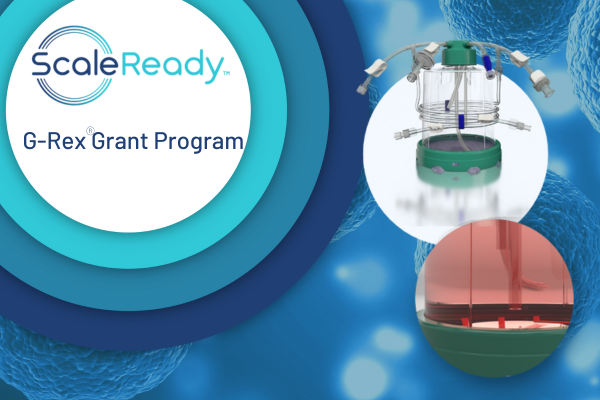
Seoul, South Korea – PaxcelBio, a leading biopharmaceutical company specializing in the development of immunotherapies, has been selected as a recipient of the G-Rex Grant Program. The grant, valued at $215,000, will support the company's efforts to develop innovative cell and gene therapies.
The G-Rex Grant Program, established by ScaleReady, a collaborative venture between Biotecnica, Wilson Wolf Manufacturing, and others, is designed to accelerate the development of advanced cell and gene therapies. PaxcelBio was chosen for its exceptional expertise in developing CAR-T (Chimeric Antigen Receptor T-cell) and CAR-MILs (Chimeric Antigen Receptor Myeloid-derived Suppressor Cells) therapies.
"We are honored to be selected as a recipient of the G-Rex Grant," said Jejung Lee, CEO of PaxcelBio. "This recognition validates our commitment to developing cutting-edge immunotherapies and positions us for global partnerships."
As part of the grant, PaxcelBio will gain access to state-of-the-art manufacturing facilities and expertise to optimize its CAR-T and CAR-MILs production processes. The company will also establish strategic partnerships with global industry leaders, including ScaleReady, Wilson Wolf Manufacturing, and CellReady.
PaxcelBio plans to utilize the G-Rex platform to conduct initial scale-up experiments for its CAR-T and CAR-MILs therapies. The company aims to establish a robust manufacturing process that complies with Good Manufacturing Practices (GMP) standards, which is a critical step towards clinical trials.
PaxcelBio's CAR-T and CAR-MILs therapies are designed to target and eliminate cancer cells by harnessing the power of the patient's immune system. The company is currently developing multiple CAR-T therapies, including one that targets both PD-L1 and EphA2, which have been selected for support through South Korea's National R&D Project.
PaxcelBio is a biopharmaceutical company dedicated to developing innovative immunotherapies for the treatment of cancer. The company's pipeline includes a range of CAR-T and CAR-MILs therapies, which have shown promising results in preclinical studies.
[Copyright (c) Global Economic Times. All Rights Reserved.]





























